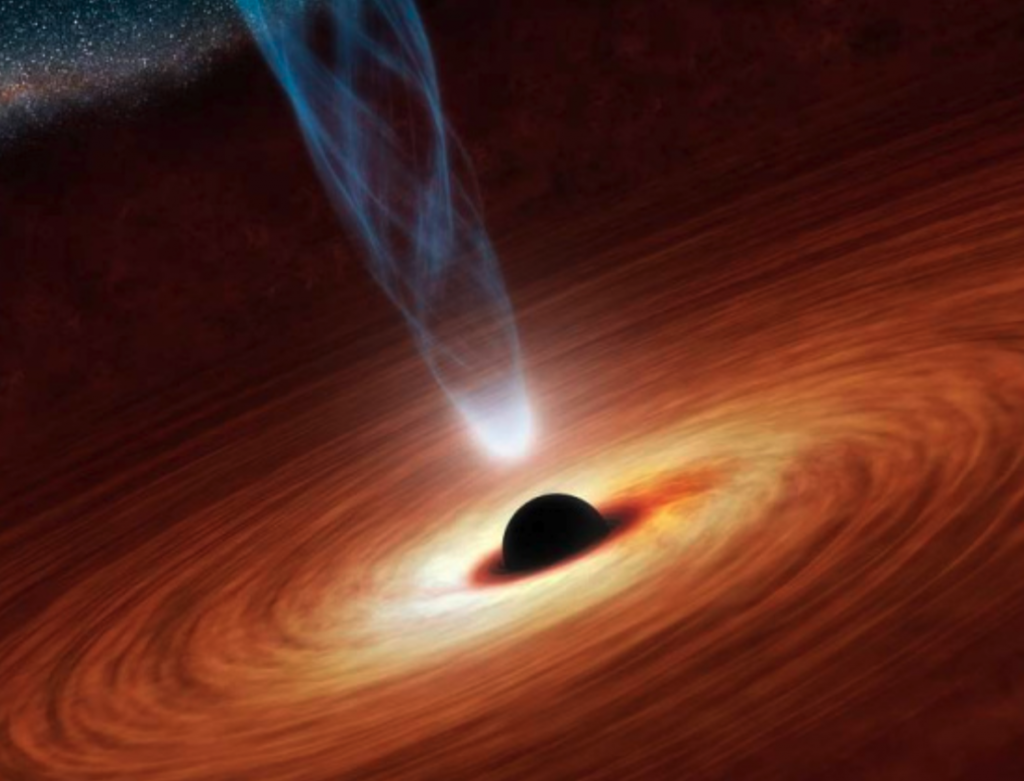Prof. David Wiltshire
University of Canterbury
Sixty years ago New Zealander Roy Kerr helped revolutionize physics, achieving what had eluded scientists for 47 years. He discovered the solution to Einstein’s equations defining space around a rotating star or black hole. He combined advanced mathematics with one key simplifying insight: All bodies collapsing under their own gravity inevitably rotate faster.
The Kerr solution became the basis for revolutions first in fundamental physics in the 1960s, in astronomy in the 1970–80s, and in cosmology in the 1990s and beyond. The discoveries of gravitational waves from colliding black holes, first in 2015, and then from colliding neutron stars in 2017, mean that decades of further scientific revolutions are just beginning.
This lecture will focus on the nature of current and future scientific revolutions, in the broadest possible sense. What are the roles of philosophical concepts, repeatable experiments and mathematical equations in characterizing a scientific “theory”? How has cultural context shaped the way these questions are asked? What might we expect in future as the pace of change accelerates – with larger data sets, machine learning, artificial intelligence, ever more complexity and globalization?
The mathematics of complex systems has its origins in the efforts of scientists and engineers to understand the most challenging questions at the frontiers of knowledge. Scientists trained on black holes and cosmology are part of the same community who models climate change and global warming. They wrote the basic codes, designed the internet, the web…
This lecture will use two examples — one from archaeology, and one from physiology — to illustrate how simple rules can be deduced from complex systems, just as in the frontiers of cosmology and multi–messenger astronomy. It will touch on related questions for science and society, from our perspective in Aotearoa / New Zealand, but in a global context.
